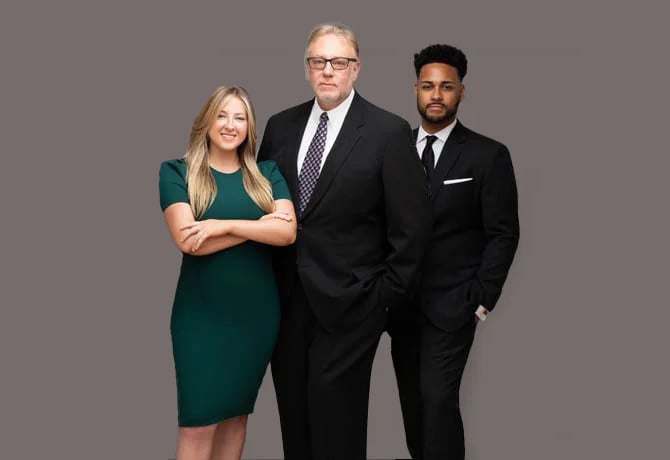Felony & Misdemeanor Expungements
People with criminal records—even very old criminal records—have difficulty obtaining employment, housing, admission to educational institutions, and professional licenses. Under Michigan law, people with criminal records who have not had additional criminal legal trouble for a certain period of time may apply to have their criminal records expunged. The State Legislature recently expanded Michigan’s expungement laws, making hundreds of thousands of Michiganders eligible for expungement as of April 11, 2021.
What does “expungement” mean and why should I try to get my record expunged?
“Expungement” means taking a criminal record and sealing (or hiding) it from public view. If your record is expunged, it means that when you apply for a job, housing, financial aid, or a professional license, and the application asks for your criminal history, you no longer have to list the criminal offenses that have been expunged. It also means that if employers, landlords, or educational or professional institutions search your criminal history, they will not be able to see the criminal offenses that have been expunged. The clearing of your public record usually means that you are more likely to get the job, housing, or other aid that you apply for. A study out of the University of Michigan found that people on average made over 22% more in wages just one year after an expungement. That can make a meaningful difference in your life. It is important to know, though, that “expunged” does not mean “permanently deleted.” Your expunged offenses can still be seen by law enforcement officials, prosecutors, courts, the governor, and certain agencies like the Michigan Department of Corrections. If you are required to pay restitution, you will need to continue to pay that. And if you are required to register on the Sex Offender Registry, you will still need to continue to do that as well.
What criminal offenses can I NOT get expunged?
Many criminal offenses are eligible for expungement, including most traffic offenses and marijuana offenses. It is easiest to check whether any offenses are NOT eligible:
- Federal criminal offenses
- Felonies or attempted felonies with a maximum penalty of life imprisonment
- Felony domestic violence if you also have a conviction for misdemeanor domestic violence Child abuse offenses
- Most criminal sexual conduct offenses
- Operating a vehicle while intoxicated
- Traffic offenses causing injury or death
- Traffic offenses involving operation of a commercial vehicle
How many criminal offenses can I get expunged?
In general, you can expunge an unlimited number of qualifying Misdemeanors. For Felony charges, you can expunge up to (3) qualifying Felonies in your lifetime. However, there are exceptions to these rules:
- You can only expunge up to (2) “assaultive crimes” (either felonies or misdemeanors) in your lifetime.
- If you have (2) convictions for the same felony offense that can be punished by more than 10 years in prison, you can only get one of those felonies expunged. The other conviction will stay on your public record.
When can I apply to have a criminal offense expunged?
There is a mandatory waiting period that begins from the latest (most recent) date between:
- The date you were sentenced
- The date you completed probation
- The date you were discharged from parole
- The date you were released from incarceration
If you are looking to expunge only non-serious Misdemeanors, you can apply after 3 years from the latest of those dates.
If you are looking to expunge any serious Misdemeanors or (1) Felony, you can apply after 5 years from the latest of those dates.
Lastly, if you are looking to expunge more than (1) Felony, you can apply after 7 years from the latest of those dates.


